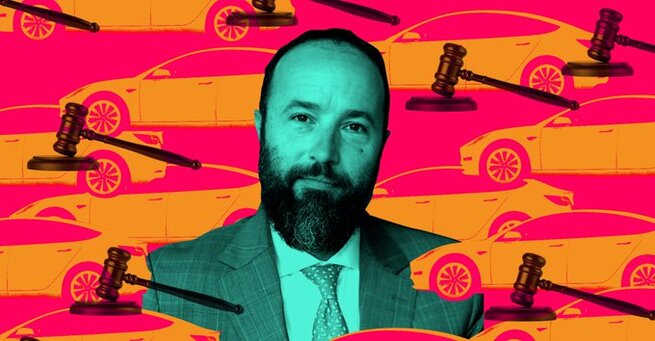
A Legal Victory That Shook Tesla
The Tesla lawsuit verdict that made headlines wasn’t just a courtroom win—it marked a turning point in how major automakers could be held accountable. In a groundbreaking wrongful death case, attorney Brett Schreiber secured a $243 million judgment against Tesla, a rare outcome in cases involving the company’s Autopilot technology. This verdict caught the attention of the public not just for the size of the award, but for what it signaled: Tesla’s courtroom invincibility might finally be cracking. At the heart of the case was a tragic 2019 crash involving a Tesla Model S, and the jury found the company partially liable for the fatal consequences.
Inside the Tesla Showroom vs. the Courtroom
“There are two Teslas,” Schreiber stated—one that sells a vision of the future in showrooms, and another that defends itself aggressively in court. Tesla has typically avoided trials in cases involving its driver assistance systems, often opting for private settlements. However, this case broke that pattern. The Florida jury ruled Tesla 33% responsible for the crash, assigning the remaining fault to the human driver. For the victims’ families and personal injury law observers, this rare courtroom decision could reshape future lawsuits involving self-driving technologies and automaker responsibility.
Why This Tesla Lawsuit Verdict Matters
What makes this Tesla lawsuit verdict so significant is not just its rarity, but its broader implications. Tesla’s previous successes in California courts had created an expectation that it was nearly untouchable when defending its tech. But Schreiber’s win shattered that narrative. The jury's decision to award punitive and compensatory damages sends a clear message: when advanced driver-assist systems fail, the manufacturer may still share the blame. This could open the door to more plaintiffs bringing similar cases, challenging Tesla's long-standing legal strategy.
Round Two: What’s Next for Brett Schreiber?
Far from being satisfied with just one major win, Schreiber is preparing for what he calls “round two” against Tesla. His confidence is rooted in what he sees as growing awareness around the limitations of self-driving features. While Tesla may appeal the $243 million verdict, the outcome has already energized attorneys and safety advocates nationwide. The case highlights growing scrutiny of tech-enabled vehicles and sets a powerful precedent for how the legal system can adapt to evolving transportation technologies. For now, Schreiber’s courtroom victory serves as both a warning shot and a rallying cry for accountability in the age of autonomous driving.
𝗦𝗲𝗺𝗮𝘀𝗼𝗰𝗶𝗮𝗹 𝗶𝘀 𝘄𝗵𝗲𝗿𝗲 𝗿𝗲𝗮𝗹 𝗽𝗲𝗼𝗽𝗹𝗲 𝗰𝗼𝗻𝗻𝗲𝗰𝘁, 𝗴𝗿𝗼𝘄, 𝗮𝗻𝗱 𝗯𝗲𝗹𝗼𝗻𝗴. We’re more than just a social platform — from jobs and blogs to events and daily chats, we bring people and ideas together in one simple, meaningful space.